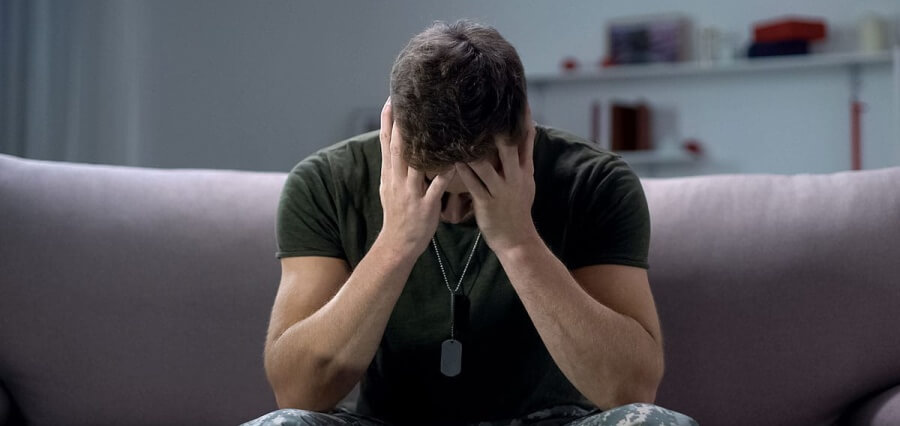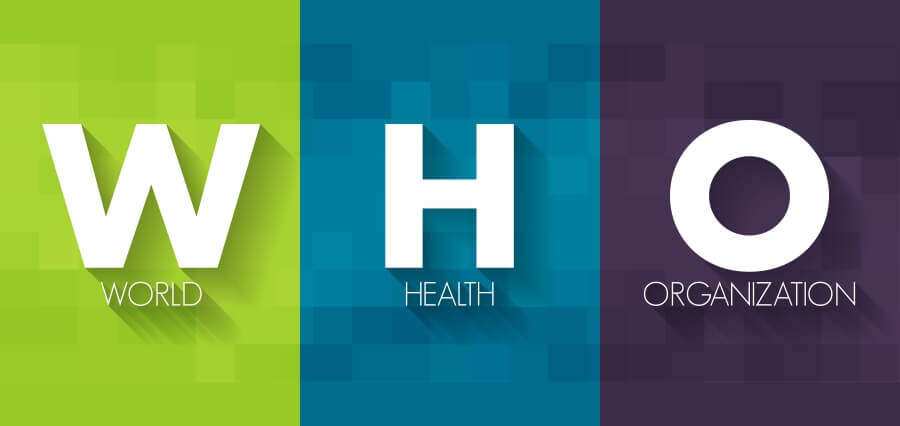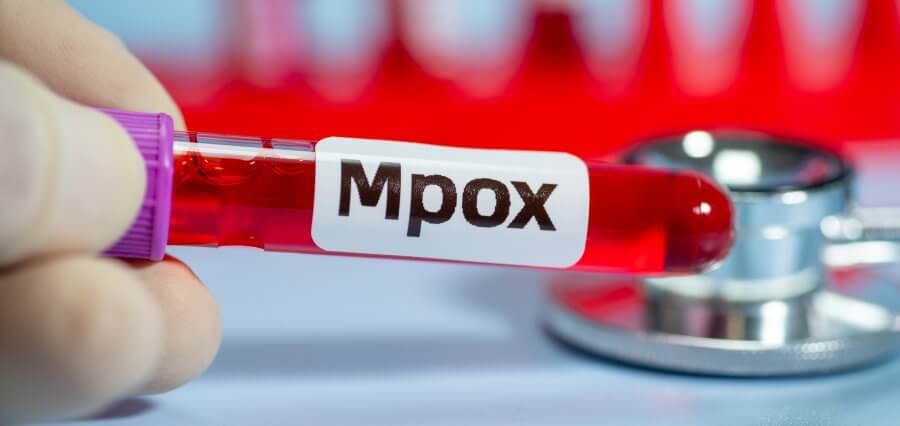A veteran of the Canadian Forces who has served in Afghanistan believes Canada should be an international leader in discovering alternative treatments for post-traumatic stress disorder and other mental health conditions. Master Corporal Gordon Hurley was injured in Afghanistan and believes psychedelic treatment such as ketamine and psilocybin, commonly referred to as magic mushrooms, hold a lot of hope for bringing relief to troubled veterans with trauma and addiction issues.
Speaking on the eve of Remembrance Day, Hurley said he wants Canada to be a leader in developing advanced health care as one of the flagship countries – and allow veterans to be exposed to high-tech treatments in being readied for or rewired for life’s battles after the fight.
Hurley was deployed to the region in 2008 and returned to active duty shortly after an improvised explosive device injured him. One of thousands of veterans fighting the effects of war, such as PTSD and traumatic brain injuries, Hurley believes that psychedelics, in conjunction with mainstream therapies, could be life-altering for veterans who have not responded to standard treatments.
While Veterans Affairs Canada is conducting trials on ketamine for treating traumatic brain injuries and depression, research into psilocybin has been more limited. However, independent studies on psychedelic treatments have been growing across the country. Last December, a Senate committee called for immediate, large-scale research into the potential of psychedelics to alleviate PTSD among veterans, warning that Canada risks falling behind other nations like the U.S. in this area.
Hurley also highlighted other promising treatments, such as stellate ganglion block (SGB), a procedure that helps reset the nervous system and has been described as “miraculous” in treating PTSD. Hurley, who receives psychedelic treatment at a clinic in Mexico run by Canadian doctors, urged the Canadian government to consider covering physician-assisted therapies, ensuring veterans receive the correct care and dosages.
“We need to be ahead of the curve on this,” Hurley concluded, stressing that with proper support and research, Canada could become a leader in alternative PTSD therapies.





